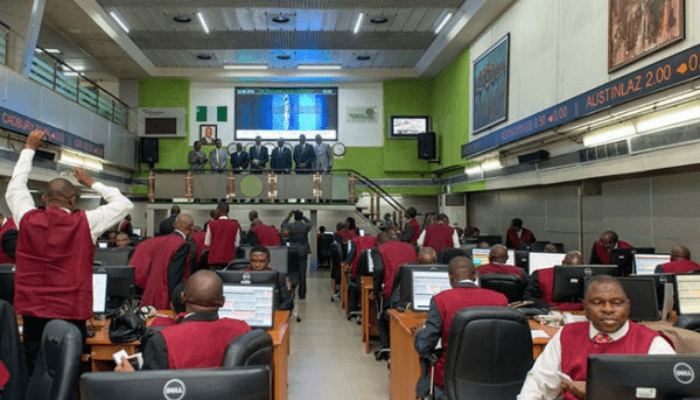Nigerian Stock Market Milestone
The Nigerian Stock Market recently witnessed a significant milestone that has generated a buzz among investors and market experts alike. The All-Share Index (ASI), a critical barometer of the overall performance of stocks, rose by 0.51% to close at a 15-year high of 66,490.34. This remarkable achievement has been partly attributed to a surge in banking stocks, as investors strategically positioned themselves to capitalize on the recent record earnings announced by banks. This move culminated in a notable increase in market capitalization, resulting in a windfall of N510 billion for investors over two trading sessions.
Sectoral Performance of Stock Market
Despite the gains recorded in the banking, consumer goods, and industrial sectors, the oil/gas and insurance indices experienced declines due to fund reallocation by investors. Moreover, the trading session witnessed a substantial increase in trade turnover compared to the previous session, with FBN Holdings, Japaul Gold, and UBA leading the activity chart.
Also Read: Breaking: CBN Recalls Bureau De Change Operations To Save Naira
Expert Analysis of Stock Market
Market experts have linked this robust market performance to a confluence of factors, including positive investor sentiment influenced by recent macroeconomic developments, such as the swearing-in of the economic cabinet by President Bola Tinubu, and fluctuations in the fixed income market yields. They have emphasized the importance of strategically positioning investments in fundamentally strong stocks, given the ongoing challenges posed by a weak macroeconomic environment.
Investor Confidence
It’s heartening to see the Nigerian stock market hitting a 15-year high, especially in the banking sector. This development indicates a level of investor confidence and strategic positioning in the face of recent record earnings. This is a positive sign for the Nigerian economy, as it demonstrates resilience and the potential for growth, despite the ongoing challenges posed by a weak macroeconomic environment.
However, the decline in the oil/gas and insurance indices raises some concerns. It indicates that investors are reallocating their funds, possibly due to uncertainties in these sectors. It is crucial for investors to remain cautious and strategically position their investments in fundamentally strong stocks to mitigate risks.
Cautious Optimism
Overall, this milestone is a positive development but it is essential to approach it with cautious optimism. The government and relevant stakeholders must continue to work towards creating a more stable and robust macroeconomic environment to sustain this growth and attract more investments into the country.
In conclusion, while the recent performance of the Nigerian stock market is commendable, it is imperative for investors to maintain a strategic approach to their investments. Additionally, the government and relevant stakeholders must work assiduously to create a conducive macroeconomic environment that will sustain this growth trajectory and attract more investments into the Nigerian economy.

















 and then
and then